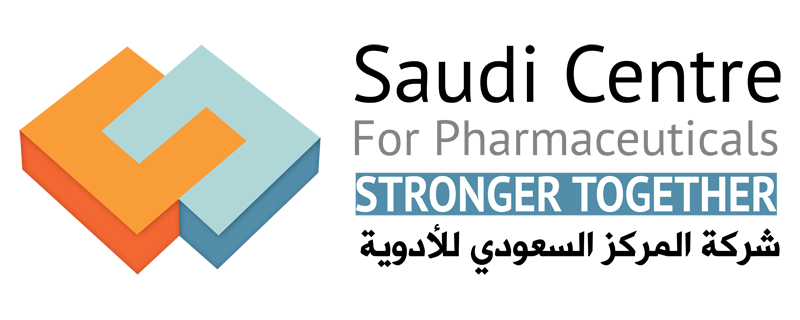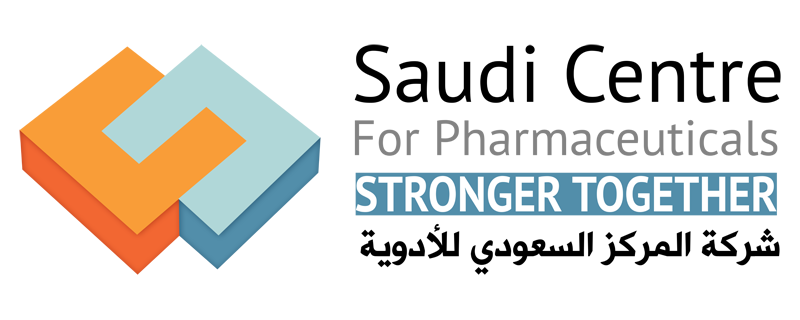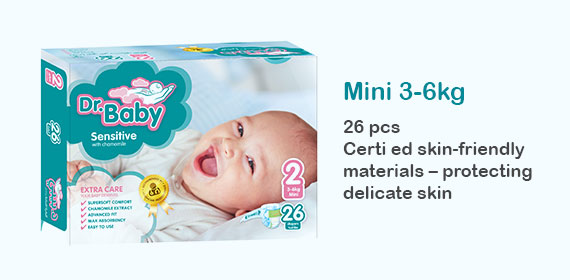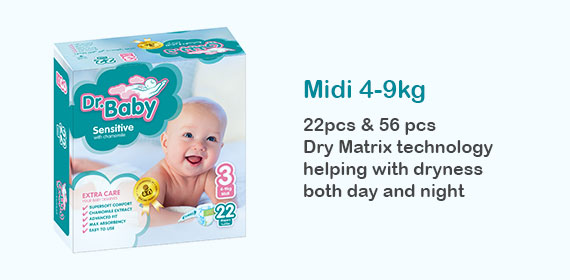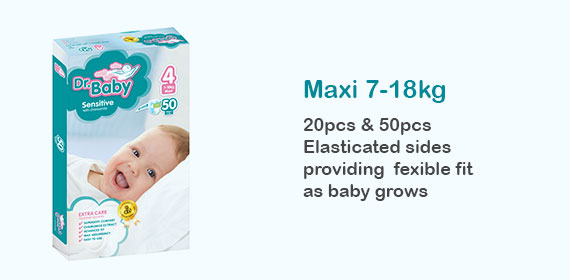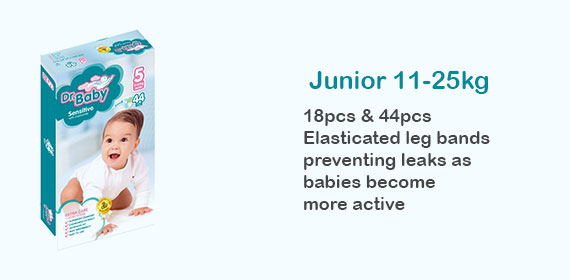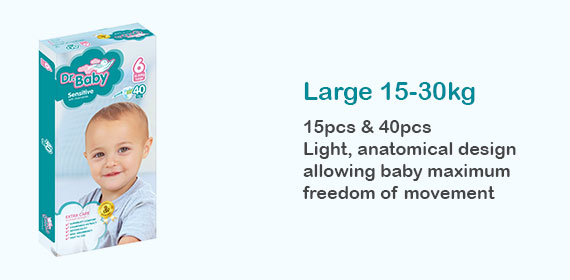What your baby can do up to 24 months:
- It becomes curious about people and things around it and explores more methodically every open door and closet.
- It mimics and wants to feel independent. It copies everyday things you do, like brushing its teeth, combing its hair, getting dressed and eating on its own.
- It enriches its vocabulary with other words. By the age of 2 on average, it has a vocabulary of 30 to 50 words and make a two-words sentence.
- It can stack up to six cubes, open a door, throw a ball, run and climb.
- To climb up and down the stairs it has to hold the hand of an adult.
- It now understands what you say to it and can follow simple instructions like “bring me the big train”.
- It plays near other children but hesitates to play with them (unless they are older and can adapt their game to a 2-year-old).
- It finds it difficult to say goodbye to its favourite person, e.g. its mum when she has to leave for work.
- It understands the feelings of others and reacts.
- At this age you can start training your child to use the toilet. Try not to force it though, as the results can be quite opposite to those expected.
- It does not share its toys with other children.
- It can use the spoon, fork or cup.
- It sleeps through the night.
- It attached to objects such as a favourite toy or pillow or sheet.
- It can run without falling when stopping or turning corners.
- It bends its legs and lift objects off the floor without falling.
- It can lift a small chair, bring it to the table and sit on its own.
- Participates in songs that it knows.
Attention! All children are different from each other and each one has its own growth rate. The development stages described are based on the average rate. Do not worry if your child deviates from this average. If however you do notice something worrying in its development, contact your pediatrician.

